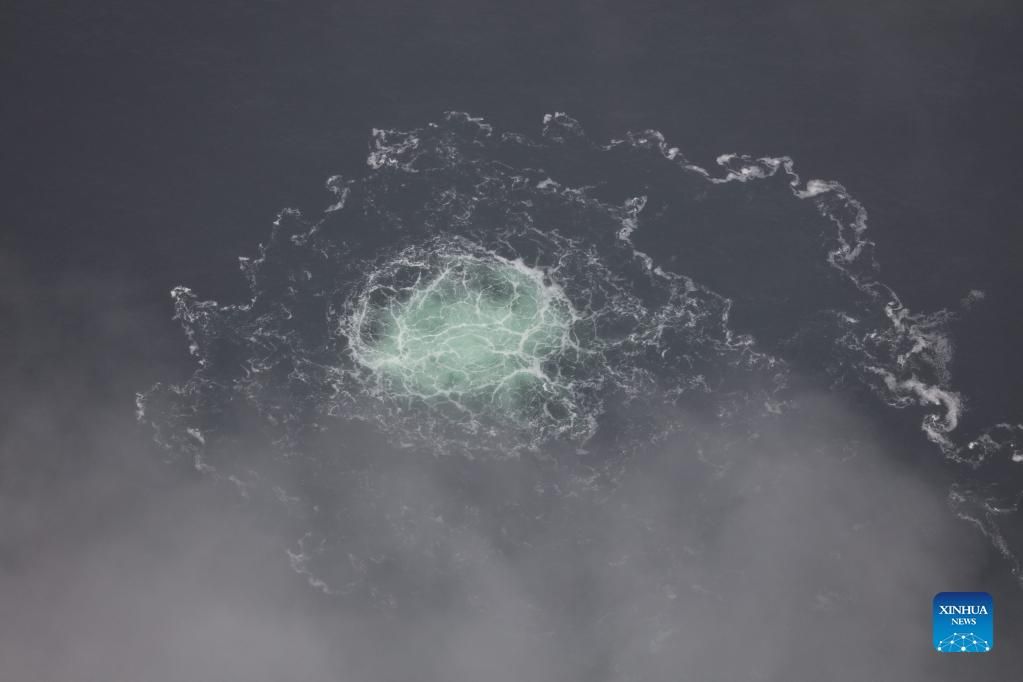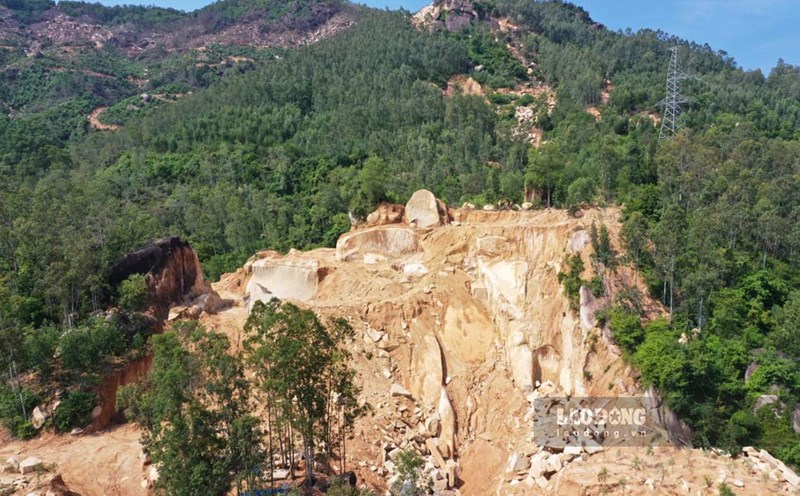On April 5, speaking to Berliner Zeitung, Mr. Mario Voigt - Prime Minister of Thuringia (Germany) - suddenly declared that the resumption of gas supplies from Russia to Germany in the next few years is "possible".
This is one of the rare statements from state leaders in Germany publicly mentioning the prospect of restoring energy relations with Moscow - which was a pillar of European energy security before the Russia-Ukraine conflict broke out in 2022.
It is possible, Voigt said when asked if Germany could buy back Russian gas in the future. However, he stressed that the prerequisite was to end the conflict in Ukraine and called for serious diplomatic efforts to achieve that.
It is also important that Berlin pursue a policy that puts Germany's national interests first, rather than just acting on tough positions from the EU or the US, Voigt said.
Mr. Voigt's speech is considered a rare voice that goes against the conservative trend of the current federal government - which has a policy of abstaining from Russian energy and aiming to diversify supply through LNG and renewable energy.
Before the Ukraine conflict, Russia was Europe's largest gas supplier, with huge gas pipeline systems such as Nord Stream and Yamal - Europe directly connected to leading economies such as Germany, Italy, France, and Austria.
In 2021, Russia accounted for about 45% of the total EU gas imports, of which Germany alone dependent on nearly 55% of its gas demand from Russia.
However, since the Russia-Ukraine conflict broke out in early 2022, the EU has imposed a series of sanctions on Moscow, including a target of sharply reducing dependence on Russian energy.
Russia also responded by cutting supply or demanding payments in rubles. The Nord Stream gas pipeline explosion in September 2022 further pushed Russia- Europe energy ties to the bottom.

Despite efforts to import liquefied natural gas (LNG) from the US, Qatar and Norway, energy costs in Europe are still rising. Many industries - especially Germany - are facing the risk of losing their competitive advantage due to expensive and unstable gas prices.
This has led to a number of state leaders in Germany starting to speak up. Before Mr. Voigt, Sachsen Prime Minister - Mr. Michael Kretschmer - also called for loosening some sanctions to facilitate the restoration of energy relations with Russia. He stressed that this was not a matter of supporting the Russia-Ukraine conflict, but an act for the long-term strategic interests of Germany.
Currently, most German politicians still maintain a tough stance on Russia. However, amid high energy prices, a stagnant industry and growing concerns about the economy, Voigts comments could open a more serious debate on post-conflict energy policies.
If the Ukrainian conflict is resolved through future negotiations, and if the sanctions are adjusted, it is not ruled out that Germany or some European countries will reconsider importing gas from Russia - whether directly or intermediarily.











